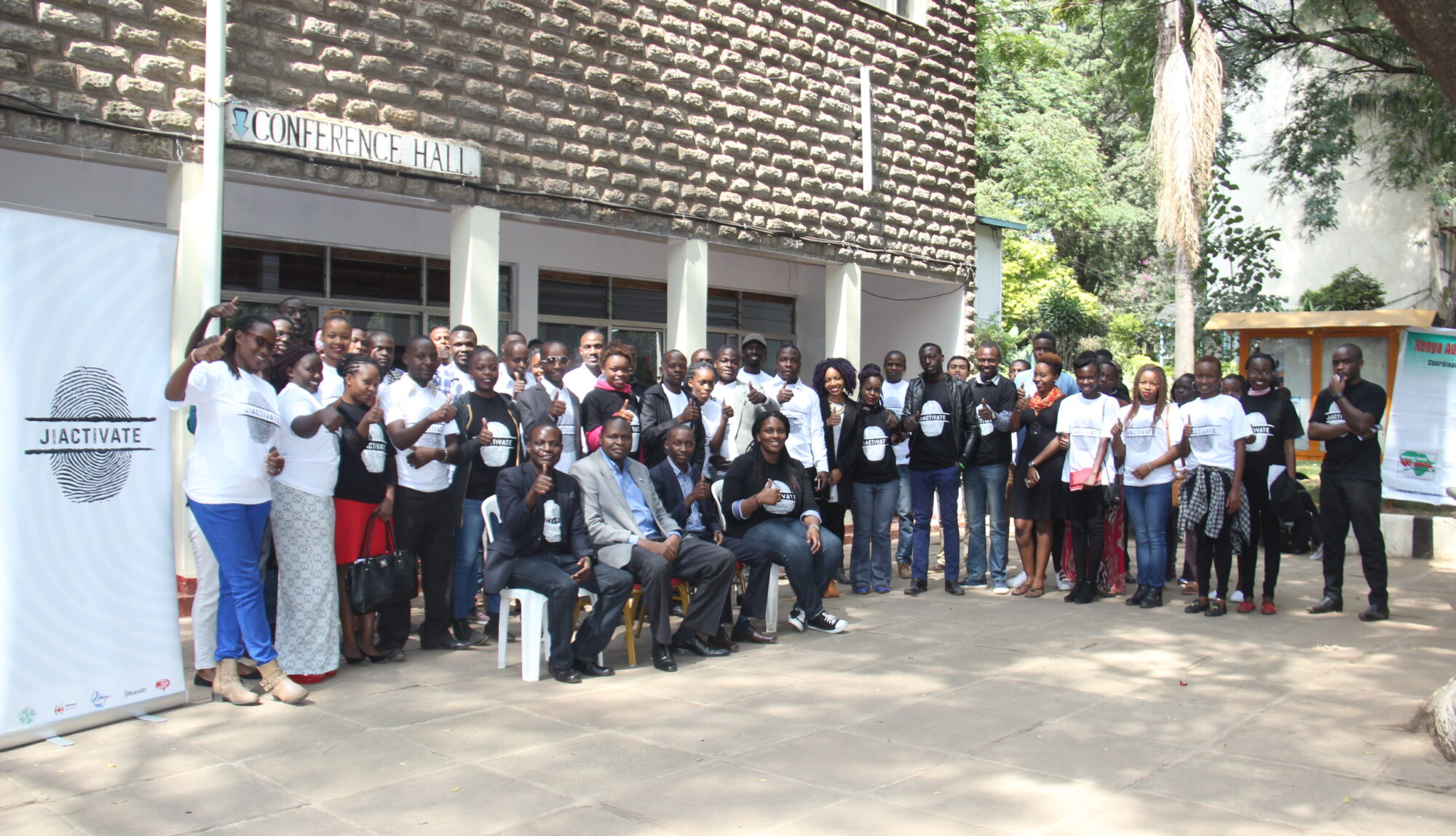Embracing Menstrual Hygiene: Empowering Women’s Health and Equality

Menstrual hygiene is a crucial aspect of women’s reproductive health, encompassing practices and products that guarantee cleanliness, comfort, and dignity during menstruation.
It involves adopting safe and hygienic measures to effectively manage this natural process. However, despite its significance, menstrual hygiene is often neglected or stigmatized. Yet, it plays a pivotal role in women’s overall well-being and empowerment.


Significance of Menstrual Hygiene
Enhancing Health and Well-being
Maintaining proper menstrual hygiene practices is essential for the overall health and well-being of individuals, especially young women.
By practicing good menstrual hygiene, we can prevent various infections, such as urinary tract infections, vaginal infections, and reproductive tract infections. It also reduces the risk of discomforts like skin irritations and rashes that arise from poor hygiene during menstruation.
Overcoming Social Stigma and Taboos
Many societies still attach cultural and social stigmas to menstruation. Lack of awareness and understanding often leads to misconceptions, shame, and discrimination against young girls and women.
By promoting menstrual hygiene education, we can break the silence surrounding menstruation, reduce stigma, and foster a more inclusive and supportive environment for all.
Embracing Environmental Sustainability
The issue of menstrual hygiene extends to environmental sustainability as well. Traditional menstrual hygiene products, like disposable pads and tampons, generate a significant amount of waste, which adversely impacts the environment.
Encouraging the adoption of sustainable alternatives, such as reusable cloth pads or menstrual cups, not only promotes well-being but also reduces environmental pollution.
Menstrual hygiene goes beyond physical comfort; it is intricately linked with education, economic opportunities, and social equality.



When women and girls have access to proper menstrual hygiene resources, they can attend school regularly, pursue employment, and actively participate in society.
By eliminating the silence and stigma surrounding menstruation, we create an environment where women can embrace their natural bodily processes without shame or limitation.